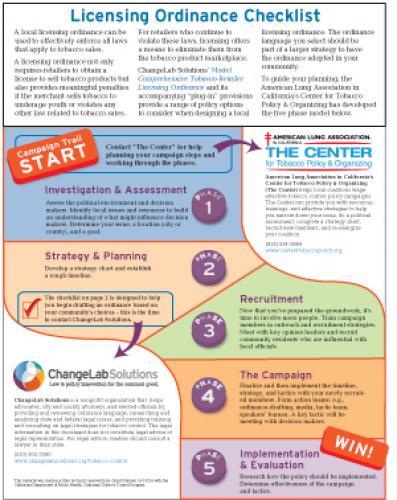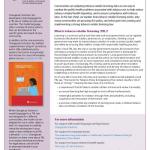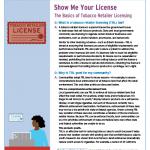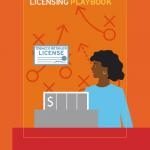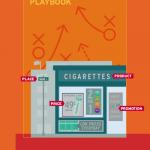California Comprehensive Tobacco Retailer Licensing
Model ordinance, checklist & supplemental plug-ins
ChangeLab Solutions developed the California Comprehensive Tobacco Retailer Licensing Model Ordinance to help California cities and counties that want to establish or strengthen a local tobacco retailer licensing (TRL) program.
Licenses are one way to ensure compliance with local business standards, reduce youth access to tobacco, and limit the negative public health effects associated with tobacco use. Comprehensive TRL policies can also help reduce tobacco-related health inequities by countering the tobacco industry’s predatory targeting of underserved communities.
Comprehensive TRL model ordinance resources
- TRL Model Ordinance Checklist: Start with our companion checklist that highlights key policy options available in the model ordinance. It includes a 5-phase model for enacting a TRL law (created by the American Lung Association in California’s Center for Tobacco Policy & Organizing) and lists the various policy components of our model ordinance.
- Comprehensive TRL Model Ordinance: The ordinance contains all the essential elements for a local tobacco retailer license, including descriptions of who must obtain a license, requirements and prohibitions for licensees, enforcement provisions, and penalties. The ordinance also includes additional policy options for regulating the tobacco retail environment—for example, restricting the sale of menthol cigarettes and other flavored tobacco products or establishing a minimum price for tobacco products.
- Comprehensive TRL Model Ordinance "Plug-in" Policy Options: We've also drafted supplementary “plug-in” provisions that can be added to the model ordinance. Each of the plug-ins provides a different policy option; for instance, some impose limitations on which businesses can be licensed, while others create additional requirements and prohibitions for licensed retailers.
